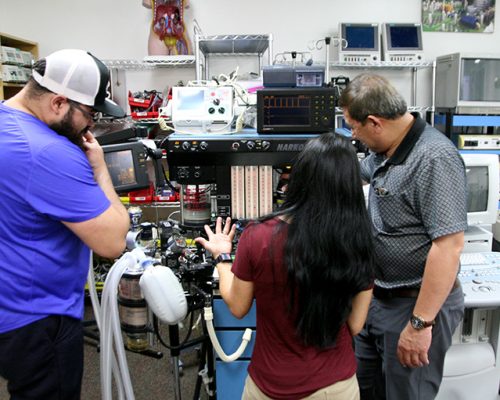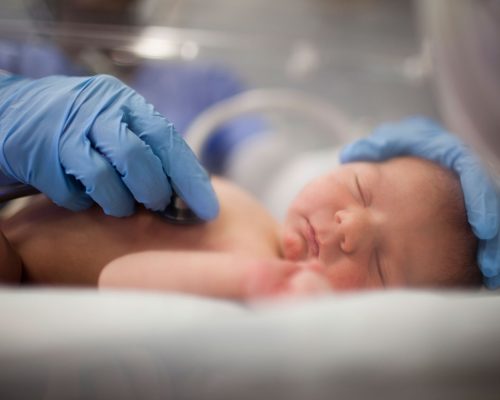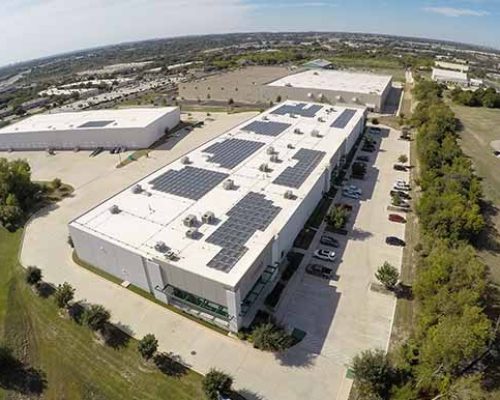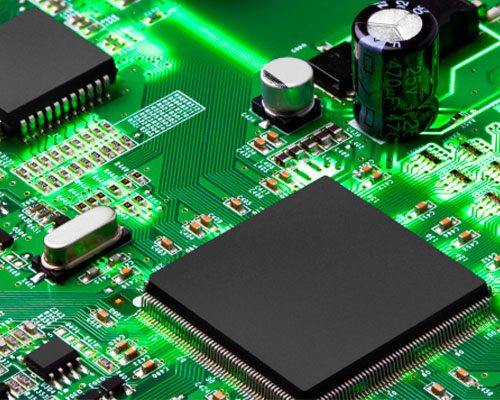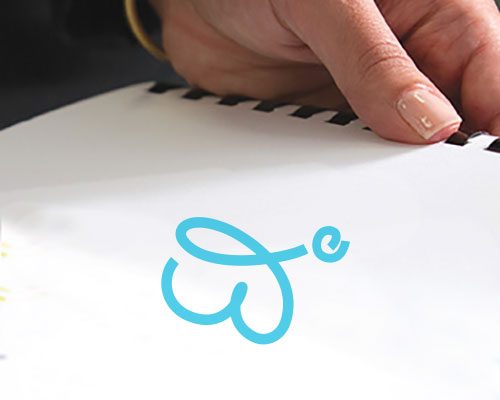The first few days, weeks, and sometimes months of a neonate’s life are crucial in laying down the foundation for their future growth and development. As specialists in neonatal care, International Biomedical underscores the importance of every facet of care for newborns, especially the preterm ones. One such critical aspect, that significantly influences a neonate’s physiological and neurological development, is infant positioning.
The Science of Positioning: More Than Just Comfort
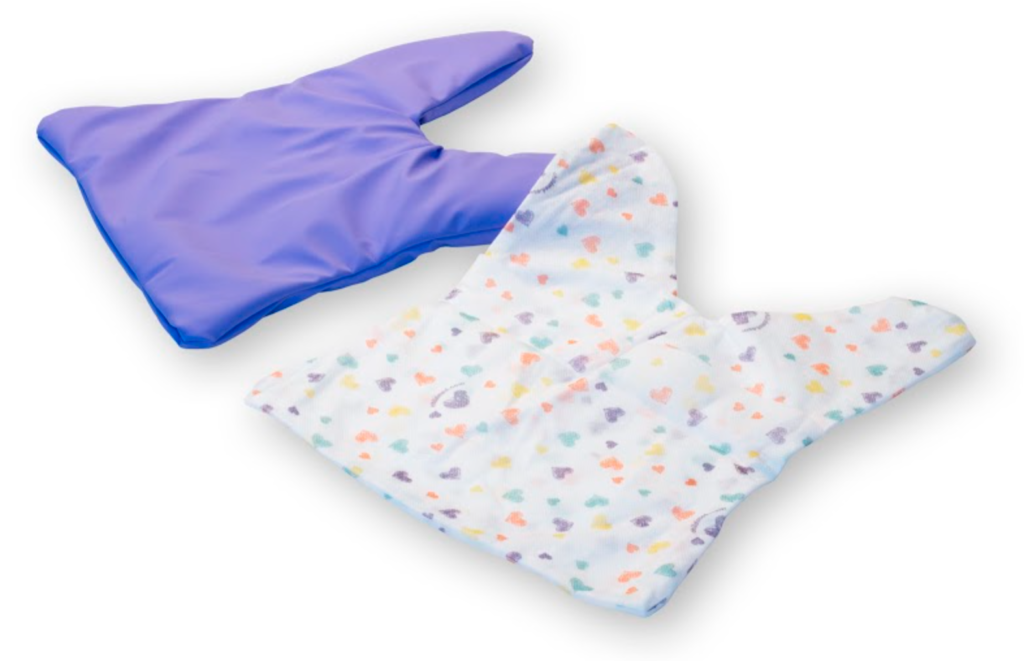
Physiological Stability
The way a neonate is positioned directly affects their respiratory and cardiovascular function. Proper positioning helps to stabilize heart rates, improve oxygen saturation levels, and promote effective breathing patterns. By ensuring an open airway and reducing the risk of respiratory obstructions, positioning becomes a cornerstone for neonate vitality.
Neurological Development
The brain undergoes rapid growth during the neonatal phase. Positioning influences the shape of the head and the development of cranial structures. Proper head positioning can help prevent conditions like plagiocephaly (flat head syndrome). Moreover, specific positions can foster better sensory and motor responses, paving the way for optimal neurological growth.
The Role of Infant Positioning Aids

Designed with utmost precision, infant positioning aids are more than just comfort tools. They’re crucial instruments in neonatal care, aiming to recreate the snug environment of the womb.
Mimicking the Womb
The fluidic and soft environment of the womb is integral to a fetus’s development. Positioning aids, crafted from gentle, non-toxic materials, simulate this environment, providing neonates with the structural support they were accustomed to during gestation.
Support during Medical Procedures
Neonates, especially preterm ones, may require various medical procedures. Positioning aids ensure that babies remain secure and calm during these interventions, offering medical professionals better access without causing undue stress.
Promotion of Healthy Growth
By emulating the womb’s environment, positioning aids encourage healthy musculoskeletal development. They support the spine’s natural curvature and mitigate the risk of external postural deformities.
Varieties of Positioning Aids: Adapting to Individual Needs
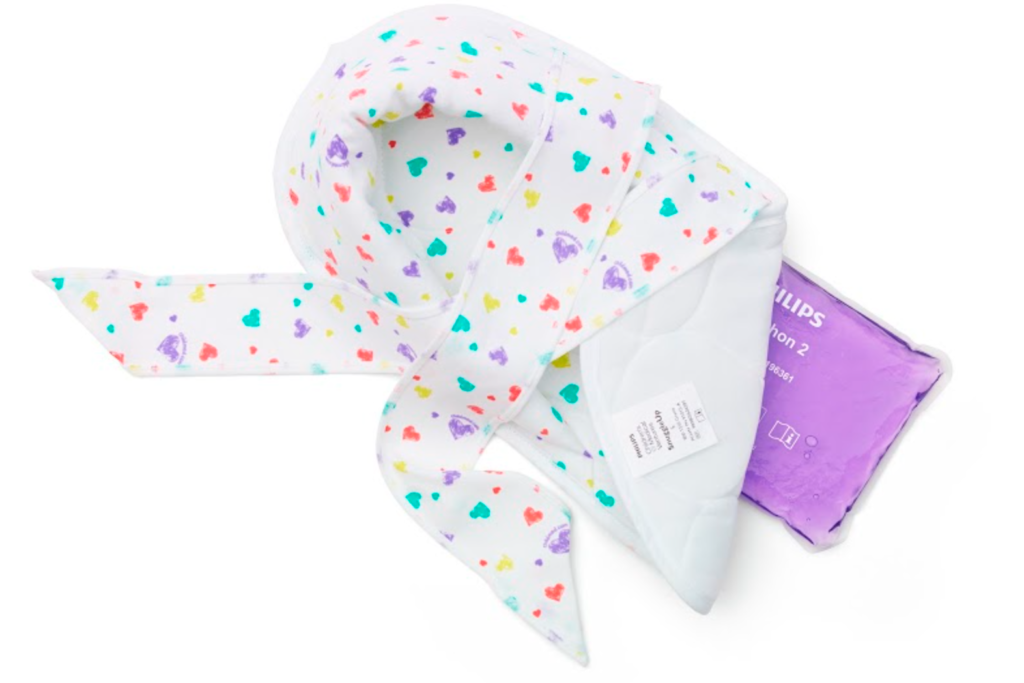
Every baby is distinct, with unique needs and developmental trajectories. Recognizing this, there’s a variety of infant positioning aids available:
- Nest-like structures: These offer overall body support, mimicking the fetus’s position inside the womb.
- Head positioners: Specifically designed to prevent flat head syndrome and ensure optimal cranial development.
- Rolls and wedges: Useful for maintaining a particular posture or angle, especially beneficial during specific medical procedures.
At International Biomedical, we offer a wide variety of infant positioning aids designed for use in the NICU. Explore our selection of infant positioning aids here.
Infant Positioning – A Pillar of Neonatal Care
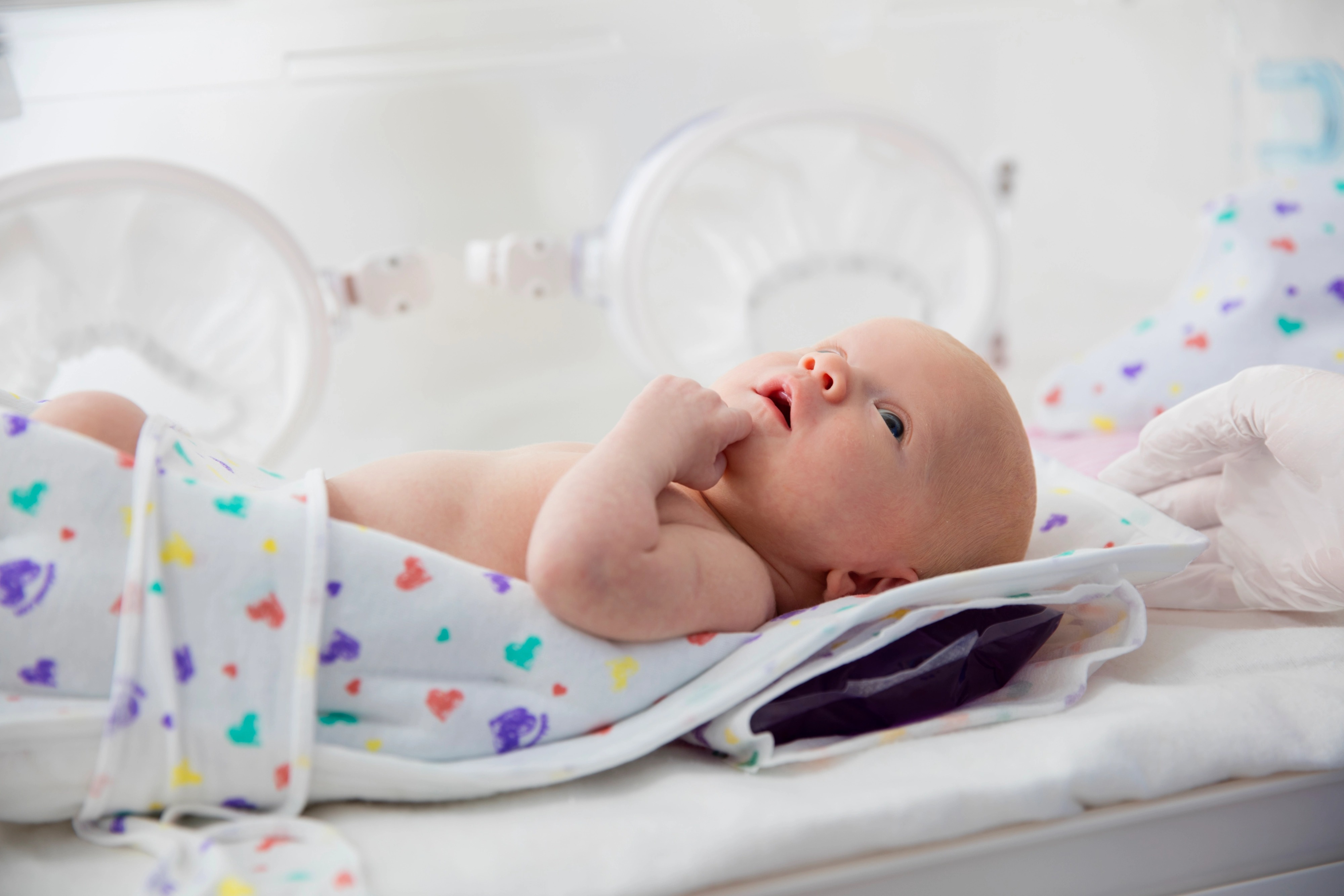
Infant positioning, though seemingly simple, plays a major role in the health and developmental trajectory of neonates. It bridges the gap between the protective environment of the womb and the challenges of the outside world.
At International Biomedical, our commitment remains unwavering: to provide the best care products possible for neonates, understanding and emphasizing even the subtlest aspects of their care. Through our advanced infant positioning aids and in-depth knowledge of a holistic approach to neonatal health, we continue to champion the cause of our tiniest patients, helping them navigate their earliest days with strength and resilience.



